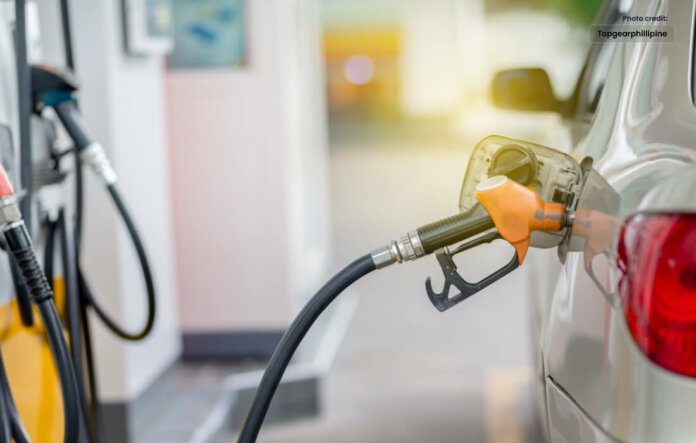Our transportation systems and industries highly depend on gasoline.
Introduction:
In the modern world, While alternative fuels and electric vehicles have gained traction in recent years, it continues to dominate as the primary source of energy for automobiles. further, we will explore the fascinating world of gasoline, its composition, its impact on the environment, and the innovations shaping its future.
The Composition of Gasoline:
This, also known as petrol, is a refined petroleum product derived from crude oil. It consists of a complex mixture of hydrocarbons, typically containing between 8 and 12 carbon atoms per molecule. The specific composition of this varies depending on factors such as the crude oil source and the refining process employed.
Octane Rating and Performance:
One crucial characteristic of this is its octane rating, which measures its resistance to knocking or pinging in an internal combustion engine. Knocking refers to the premature detonation of the fuel-air mixture, which can cause engine damage and reduce performance. Gasoline with a higher octane rating has a greater ability to resist knocking, allowing for higher compression ratios and improved engine efficiency.
Environmental Impact and Emissions:
While this is an excellent source of energy, it does have environmental implications. The combustion of gasoline releases carbon dioxide (CO2) and other greenhouse gases, contributing to climate change. Additionally, gasoline engines emit pollutants such as nitrogen oxides (NOx), carbon monoxide (CO), and volatile organic compounds (VOCs), which contribute to air pollution and pose health risks.
Advancements in Fuel Efficiency:
To address environmental concerns, automobile manufacturers have made significant strides in improving fuel efficiency. Advanced technologies such as direct fuel injection, turbocharging, and hybridization have allowed for more efficient combustion and reduced fuel consumption. Additionally, the development of lightweight materials and aerodynamic designs has further enhanced the overall efficiency of gasoline-powered vehicles.
The Rise of Electric Vehicles:
Electric vehicles (EVs) have gained considerable attention in recent years, offering a promising alternative to traditional gasoline-powered vehicles. With zero tailpipe emissions, EVs provide a cleaner and more sustainable mode of transportation. However, challenges such as limited charging infrastructure and range anxiety still need to be overcome before widespread adoption can occur.
The Future of Gasoline:
As the world transitions towards cleaner energy sources, it is not likely to disappear overnight. In fact, ongoing research and development are focused on improving gasoline itself, making it cleaner and more efficient. The advent of biofuels, such as ethanol blended gasoline, offers a renewable component to traditional gasoline. Additionally, advancements in carbon capture and storage technologies may help mitigate the environmental impact of gasoline combustion.
Conclusion:
Despite the growing popularity of alternative fuels and electric vehicles, it continues to be an indispensable energy source, powering our transportation and industrial sectors. As we navigate the challenges of climate change and seek sustainable solutions, the future of gasoline lies in continued innovation and improvements in fuel efficiency. Whether through the adoption of alternative fuels or the development of cleaner of it, we must strive for a balance between energy demands and environmental responsibility.
Find out more about https://rockedgeurdu.com/




